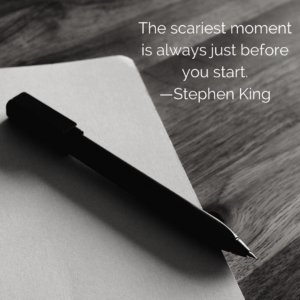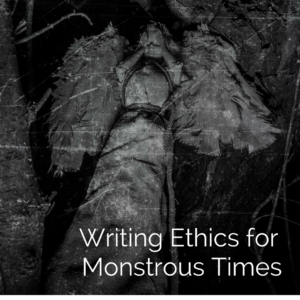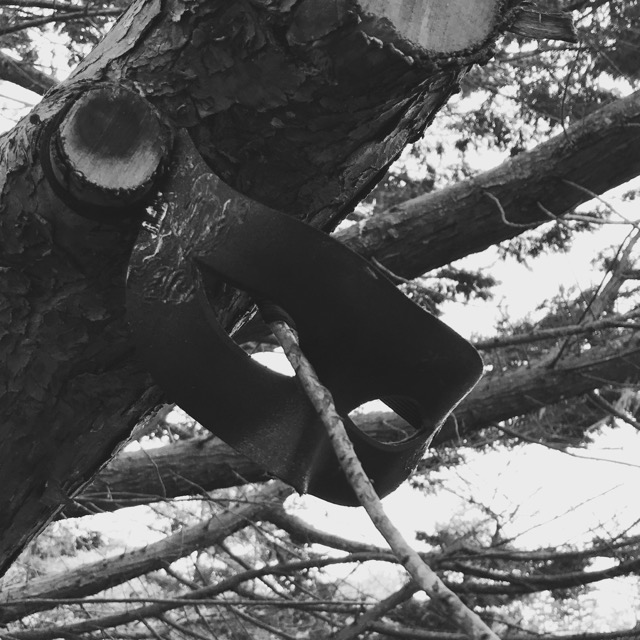 About a month ago I went to hear a friend speak at Fort Collins Startup Week, a conference by and for local entrepreneurs. Her presentation on how to sell your services without feeling like a smarmy jackass (not her actual title) was affirming and encouraging. I left feeling confident and ready to tackle the day. So why 10 minutes later when I pulled up in front of my house did I stay slouched down inside my parked car like a getaway driver looking for cover? I sat there scrolling through Facebook on my phone like it was my damned job.
About a month ago I went to hear a friend speak at Fort Collins Startup Week, a conference by and for local entrepreneurs. Her presentation on how to sell your services without feeling like a smarmy jackass (not her actual title) was affirming and encouraging. I left feeling confident and ready to tackle the day. So why 10 minutes later when I pulled up in front of my house did I stay slouched down inside my parked car like a getaway driver looking for cover? I sat there scrolling through Facebook on my phone like it was my damned job.
Except it wasn’t my job. My real work was inside at my desk. I had tons of work to do for my clients. Lots of business planning to attend to. And several writing projects to work on. Yet I sat in my car, scrolling. I could give you some bullshit reason why I was avoiding my day, but really it comes down to fear and the resistance that follows. What I wanted to do was go in and immediately start on my writing. But what I felt I should do was take care of my clients and their needs first. I had grown tired of putting myself last, always pushing my writing to the last thing on the list.
And yet.
I rely on these things, these responsibilities, these excuses, so I can put my writing last. They are my protection and my resentment. I hate myself when I put off my writing. I get angry with my family, my work. I curse the laundry and the dirty dishes. But none of these things are what’s really stopping me from writing. It’s me and my fear. The fear that I nurture. The fear that keeps me warm and cons me into thinking I am safer if I clean the kitchen or email the client instead of writing. The writing is risky. The clean kitchen is comfort. The happy client is rewarding.
Because here’s the ugly, naked truth: I can’t hide from myself when I write. Maybe bullshit ad writers and tech writers for WebMD can hide when they write, but my memoir, my blog posts about my life as a writer (how fucking meta is that?), even my writing about politics and social issues, they all require a pound of flesh. They force me to take what’s amorphous and squishy—my rants, my emotions, my beliefs—and mold them into a recognizable shape, something explainable and often justifiable. It’s not primarily that I’m afraid to share my thoughts with others (although that’s definitely a factor) but that I often haven’t examined the full extent of my thoughts. I don’t really know what I think, what I believe, and confronting that is terrifying. Fundamentally, we use writing to make sense of ourselves and the world and that’s big, scary work.
But the only way out is through, so I’m pushing myself forward.
During the month of March, my writing group decided to do a 30-day writing challenge. We all set a daily word count goal and got down to business. Well, not “we” so much as “they.” I tried for two days and then went back to my old bad habits. I hid behind my email inbox, the piles of laundry, and dirty clothes. They all needed my attention first, so I failed the writing challenge.
Starting today, I am committing to 30 days of writing for at least 30 minutes each day. Let’s call it my “30 for 30 Challenge.” Why today? Because I’m tired of my excuses and the hiding. It’s exhausting. And it’s not working anymore. The disgust I feel toward myself is now more painful than confronting my fear of writing. To hold myself accountable, each day I’m going to post my progress on social media. If I fail to write on a particular day, I’ll still post, announce my failure, and let the internet kick my ass. Follow along with your friends and take bets on how far I’ll get. Make it interesting for me. Or put on your big girl pants and join me. I dare you.
 My writing practice has gone off the rails and getting back on track has been an enormous struggle. I am tired, and angry, and sad. Every day I wake up, look at my phone and greet the day’s tragedy or injustice. A bombing. A shooting. Another sexual predator exposed. Another assault on our democracy by Congress and this monstrous presidency. It’s exhausting. And I’m white, straight, cisgendered, and middle class and thus reasonably sheltered from the fallout. I’m one of the lucky ones.
My writing practice has gone off the rails and getting back on track has been an enormous struggle. I am tired, and angry, and sad. Every day I wake up, look at my phone and greet the day’s tragedy or injustice. A bombing. A shooting. Another sexual predator exposed. Another assault on our democracy by Congress and this monstrous presidency. It’s exhausting. And I’m white, straight, cisgendered, and middle class and thus reasonably sheltered from the fallout. I’m one of the lucky ones.